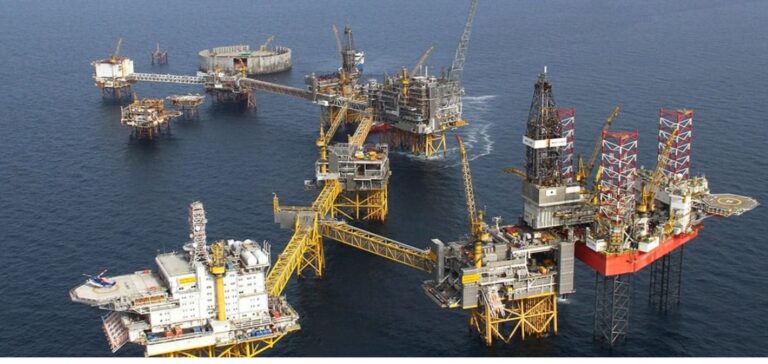To counter falling production and stimulate exploration, Indonesia plans to put 54 oil and gas blocks up for sale over a four-year period. Half of these blocks will be offered through direct bids, while the remaining 27 will be offered through regular tenders. According to Ariana Soemanto, Director of Upstream Business Development at the Ministry of Energy and Mineral Resources, these initiatives are aimed at exploring under-explored regions, particularly in the west of the country. Although considered “mature”, Indonesia ‘s western region remains largely unexplored. Nanang Abdul Manaf, advisor to upstream regulator SKK Migas, cites the South Sumatra basin as an example of untapped potential, with around 11.4 billion barrels of oil equivalent yet to be discovered.
Direct offers and joint studies
Direct bids, which begin with a joint study between a potential bidder and the government, are often preferred by investors. This method gives them a competitive edge over regular tenders. Since 2021, 21 blocks in western Indonesia have been acquired through this process, making the region even more attractive to investors. Earlier this week, Indonesia launched its first oil and gas auction of the year with five blocks on offer. These initiatives are designed to boost upstream investment and meet the country’s growing energy demand.
Production sharing conditions
The Indonesian government is also planning to introduce new regulations to simplify production sharing conditions. These changes would make Production Sharing Contracts (PSCs) more competitive and flexible, attracting more investment. The new regulations would include provisions for both conventional and unconventional hydrocarbons. These reforms are part of the government’s efforts to attract more upstream investment. Last September, Indonesia introduced more attractive bidding conditions, pledging to add new oil and gas working zones every year to reach its national production target of 1 million barrels of oil per day and 12 billion cubic feet of gas per day by 2030.
Carbon storage initiatives (CCS)
Separate regulations for the development of carbon storage (CCS) in oil and gas projects are also in preparation. These regulations could include details on preparing and offering permits for carbon storage areas, bidding processes, storage fees and royalty rates. In January, a presidential decree allowed CCS operators to reserve 30% of their storage capacity for imported carbon dioxide. Indonesia has an estimated storage potential of 572gigatonnes of CO2 in saline aquifers and 4.85gigatonnes of CO2 in depleted oil and gas reservoirs for CCS initiatives. Indonesia’s strategy to revitalize its oil and gas sector through exploration of new blocks, carbon storage development and regulatory reforms reinforces this ambition. For example, Indonesia is implementing a strategy to boost its oil and gas industry through the exploration of new blocks, the development of carbon storage solutions and regulatory reforms to achieve its sectoral objectives.






















